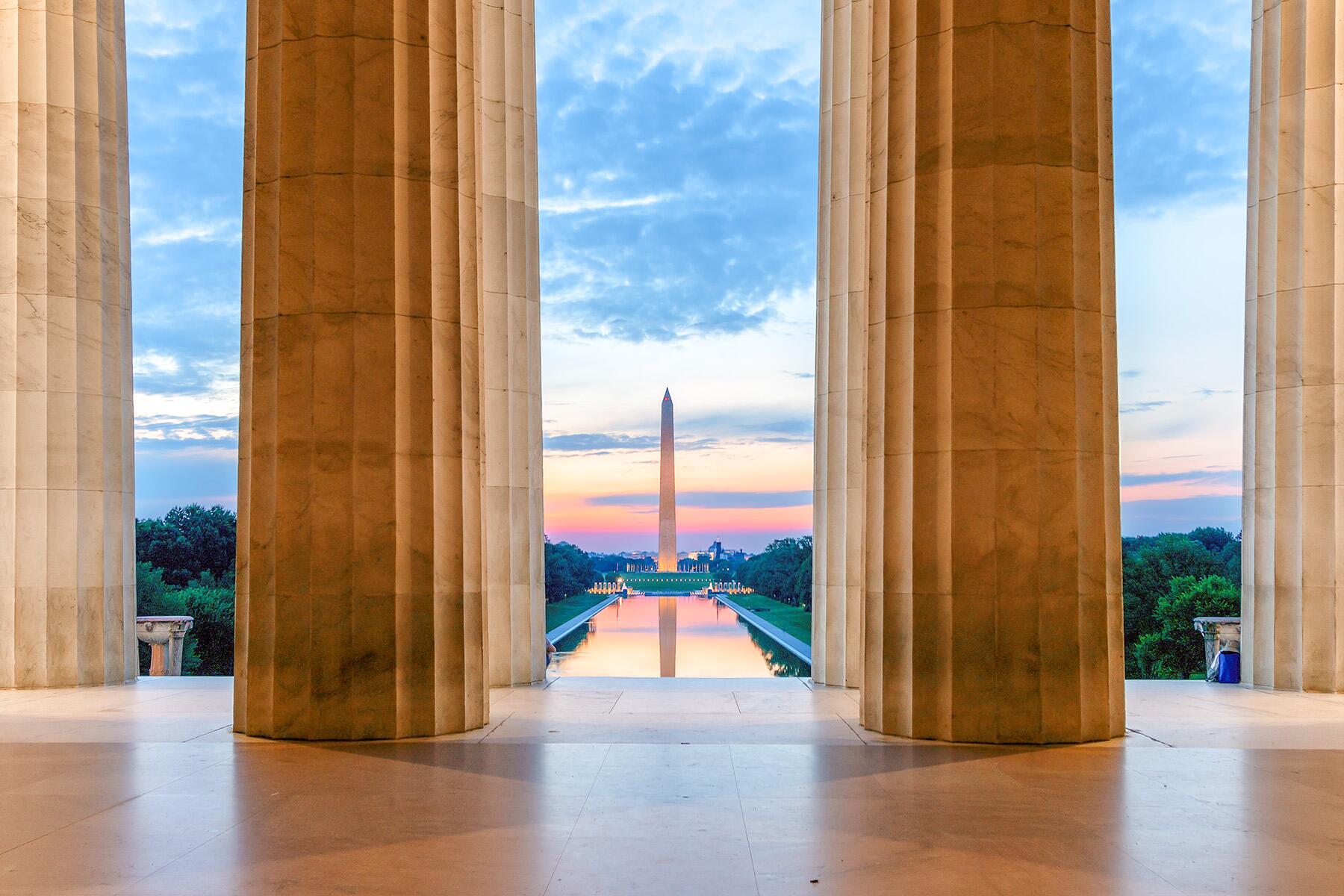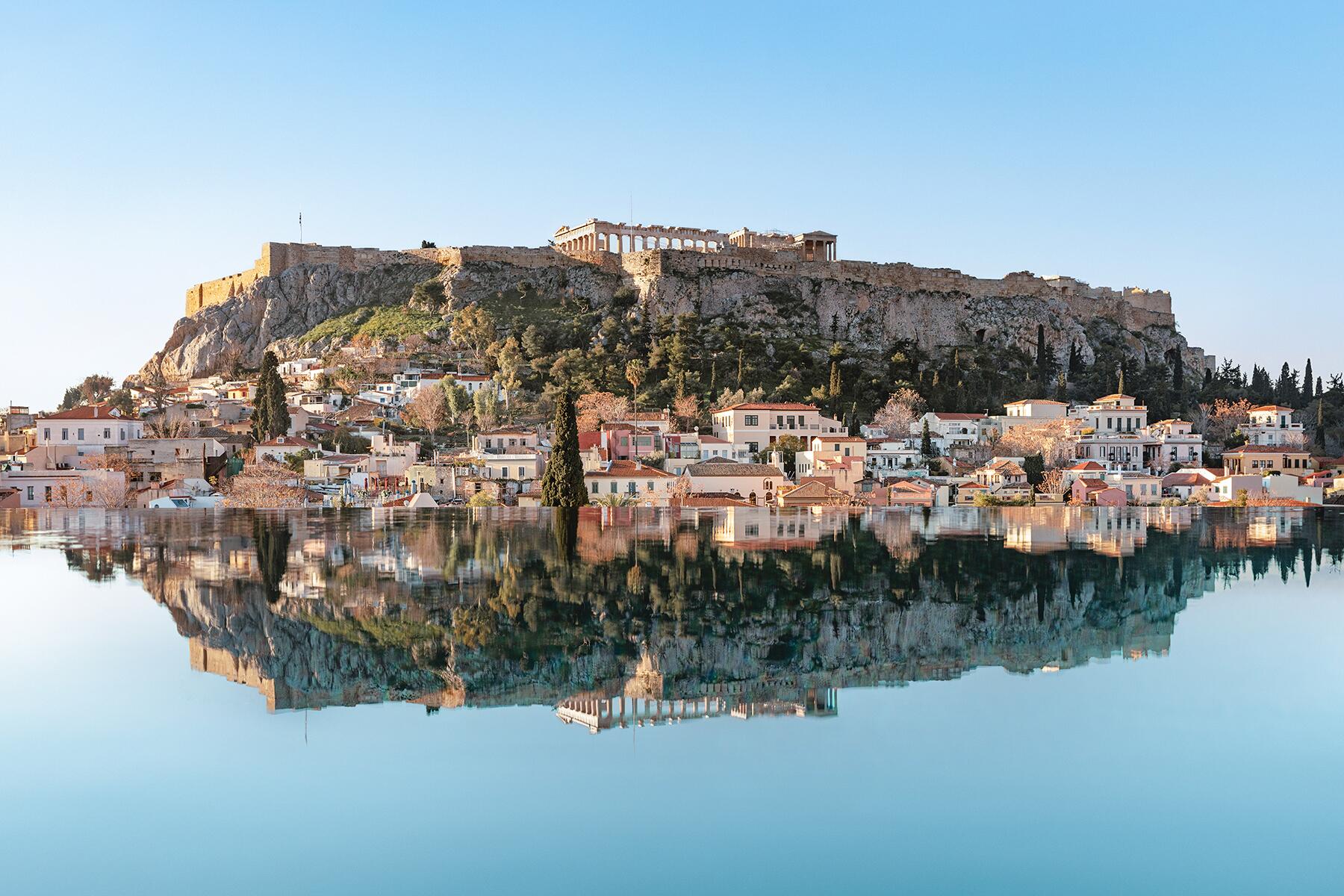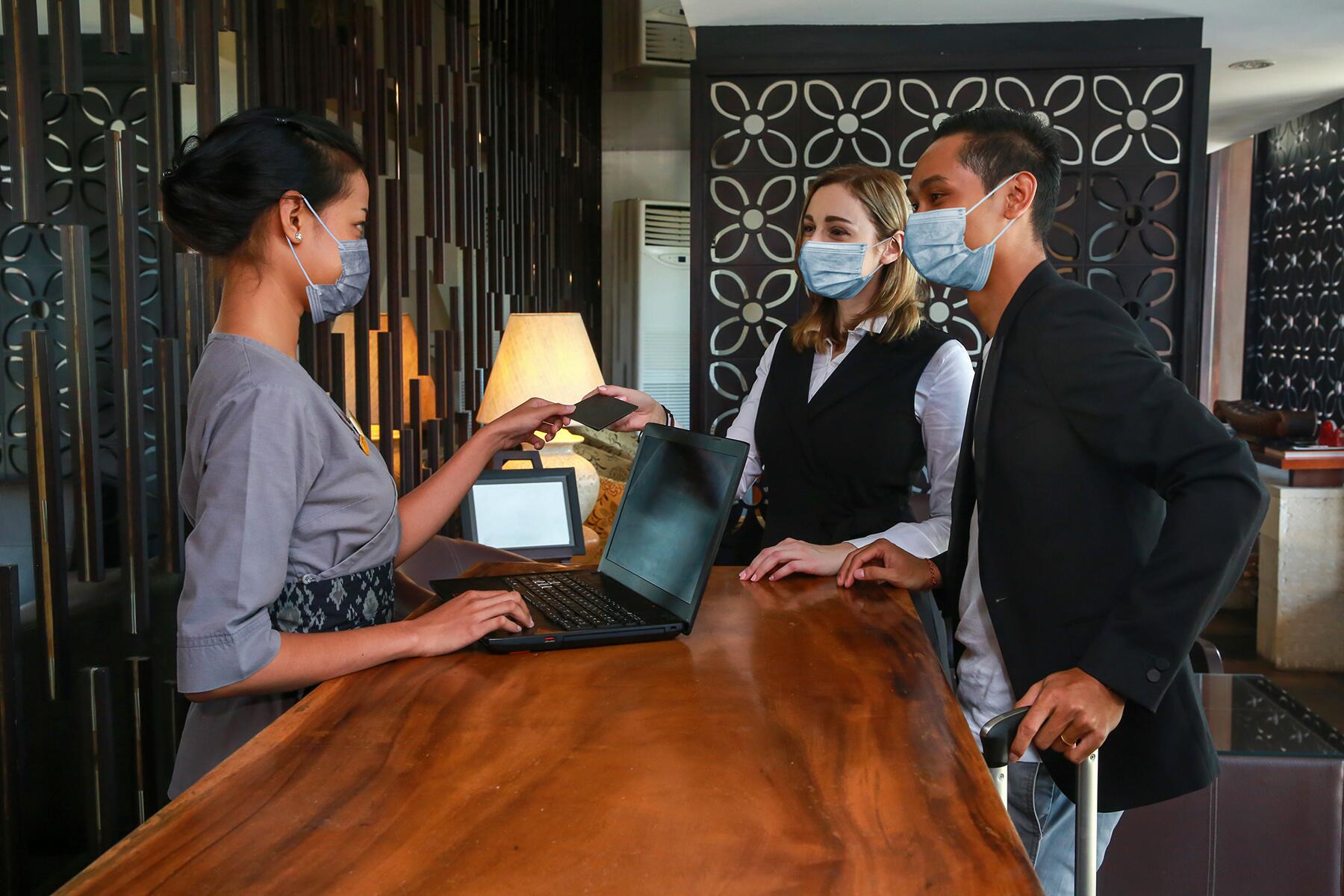As we look ahead to post-pandemic travel, industry experts share their tips for becoming a more conscious traveler.
For years, travel websites and magazines have doled out advice on how to be a responsible traveler. Experts have encouraged travelers to buy and eat locally, embrace a destination’s culture, respect nature, and take time to understand a country’s traditions. Recently, many environmentally-conscious practices have also made it to these lists, explaining the harmful effects of over-tourism, the need for clean sunscreen, and how to avoid unethical animal experiences.
As people look ahead to traveling in a post-pandemic world, we are redefining what it means to travel better in 2021 by sharing a list of ways to travel consciously after the devastation caused by COVID-19. If we are to build back better, there needs to be more emphasis on immersive, sustainable holidays that evoke empathy for the planet and all its beings.
Make Travel Decisions Knowing Not Every Country Has Recovered From COVID
Travel can offer comfort to you after the isolation and heartache of 2020, and in turn, help economies that have dried up. However, not every country is ready to entertain tourists just yet. Victoria Walker, a Senior Travel Reporter for The Points Guy, advises people to look up the current COVID-19 situation and vaccination rates. In the U.S., more than 50% of adults have been fully vaccinated, but she reminds us that it could take years for some countries to catch up.
“That means your interactions with residents should be done with the understanding that you may be coming into contact with unvaccinated people who are far more at risk than you,” explains Walker. “You’ll want to err on the side of caution, avoid large crowds, and wear a mask.”
Recommended Fodor’s Video
Kelley Louise, Founder and Executive Director of the Impact Travel Alliance, urges travelers to make sure they are visiting a destination where locals actually want travelers to come. “Their safety is just as important as yours,” adds Louise.
Research and Respect Local Guidelines
Every country, every state, every city has its own guidelines to manage COVID-19. Jeremy Scott Foster, the Founding Editor of TravelFreak, advises that “travelers need to be aware and respectful of the rules and restrictions put in place by the government. Whether it’s entry requirements, a quarantine, mask guidelines, or curfew. We—as a global community—need to come together to make travel a safe and accessible activity.”
Research entry requirements, mask mandates, social distancing protocols, and curfews before you travel and prepare accordingly. In the U.S., unvaccinated travelers need to mask up while vaccinated people can be without masks in most situations, but everyone still needs to wear them on buses, trains, and planes. In Europe, countries such as France, Greece, and Italy have night curfews, while Denmark requires people to show a travel pass to obtain entry to cinemas, museums, and restaurants. By July 22, European countries will introduce digital vaccination certificates to make travel accessible to those who have been vaccinated, recovered from COVID-19, or tested negative.
Hotels may also have their own rules. Sonu Shivdasani, the Founder and CEO of Soneva, explains, “At Soneva [in the Maldives], we test all guests upon arrival using our very own PCR testing machine, and guests are asked to isolate in the privacy of their villa until we receive the results.” Ask your hotel or resort what measures they have in place and what you need to do for a comfortable stay.
When Choosing Hotels, Go Beyond Certification
Justin Francis, Co-Founder and CEO of the activist holiday company, Responsible Travel, recommends travelers choose environmentally-friendly accommodations without getting tripped up by “sustainable” hotel certificates.
“It’s great if a place has eliminated plastic straws, but if you want to know how responsible and sustainable your accommodation or operator really is and the progress it’s making, you’ll generally need to dig a little deeper,” explains Francis. “Is it using renewable energy? Where does it source its products and how does it limit food and water waste? In what ways does it support and work with the local community? What action has it taken to restore and protect the local environment? Do they have responsible tourism policies?”
You should do your own research when picking a place to stay. Confusing terminology and labels make travelers believe that a business is environmentally conscious, but it could just be a marketing ploy. Experts have been warning people against greenwashing and the deceptive claims employed by hotels and lodges to give a false idea of their eco-initiatives. Francis has written about how to tell the difference between genuine sustainability efforts and hollow buzzwords.
Randy Durband, CEO of the Global Sustainable Travel Council (a non-profit that establishes and manages global sustainability standards known as the GSTC Criteria—the minimum a hotel, destination, or business should do to approach sustainability) recommends asking about a hotel’s certification.
“Asking about certification is a good thing to push hotels toward [sustainability] by hearing from their guests that they seek it, but also ask questions either specifically or broadly about their purchasing practices, energy management, social responsibility in hiring and supporting their communities,” says Durband.
Look for Ways to Reduce Your Footprint
Impact Travel Alliance is a strong advocate for sustainable tourism, and Louise highlights that responsible travel doesn’t need to be about far-flung destinations and off-the-grid experiences. “You can incorporate socially and eco-conscious travel into any trip, no matter your destination, budget, or style,” suggests Louise. “As we rethink travel, we can reshape the narrative around sustainable tourism, and showcase how it’s linked to immersive experiences that are better for us–and the world.”
Start with slow travel and transformative experiences. It may be a good idea to avoid crowded tourist attractions and exploitative animal experiences. You can travel close to home and explore your own backyards—an opportunity that 2020 gave us. Responsible Travel’s Francis also advocates for a longer holiday instead of numerous mini-breaks.
“When we do fly, there are ways we can reduce our carbon impact. Every item on a plane increases the carbon emitted: packing less and traveling economy lightens our load,” explains Francis. “If you possibly can, avoid taking internal flights and research ways to get around. You’re more likely to meet local people when using public transport, hiring bikes or walking, and electric taxis and rentals are increasingly common.”

Focus on Carbon Reduction vs. Buying Offsets
Carbon offsetting makes travelers feel better about flying, but these voluntary programs remain entrenched in doubt and are often criticized by environmentalists. Buying offsets doesn’t mean your flight has zero impact on the environment, or that your money will go into genuine conservation efforts.
Francis explains that a holiday with a flight can’t be carbon negative or neutral. “Not all offset schemes are created equal—some are indeed better than others. But it’s also really important to remember that, however, they’re marketed, they do not cancel out the impacts of our flights. When we fly, those impacts are immediate and long-term; offsetting them isn’t.”
Travelers need to focus on reducing their carbon emissions, in addition to supporting conservation initiatives. “Until it’s sustainable, we need to fly less as well as support biodiversity by restoring nature and consuming less meat and dairy,” says Francis.
You can calculate your carbon footprint with apps like Capture or TerraPass. When traveling, you can opt for hotels that use renewable energy, take non-stop flights, hire an electric car or use public transport, eat locally sourced food, and reduce waste. While buying offsets, make sure you look for the ones that are proven to help the environment.
Empathize With the Flight Crew
Air rage has increased tremendously, and unfortunately, flight attendants are facing unruly, violent behavior on an everyday basis. Please be extra considerate because they’re having a rough time with passengers hurling abuses and even going so far as to throw punches.
Show respect towards all airport staff, including pilots, flight attendants, and on-ground personnel. Listen to the announcements while flying. Keep your mask on even if you’re vaccinated. Don’t hand over your dirty tissues and wipes to them directly—throw them in the trash bag. And as always, wait to get out of the plane. Your patience and kindness can make their jobs easier.

Support Local Businesses
It is more important than ever to help out small businesses that have been affected by the pandemic. “Travel with an operator that’s locally-owned and employs local guides on a fair wage,” suggests Francis. “Stay in independently-owned accommodations or even a homestay, and eat in local restaurants and markets. Not only are you contributing directly to the economy, but you’ll also be rewarded with local knowledge on where to eat and the best places to visit off the tourist trail.”
Tip Generously
Last year was hard on everyone, especially those in the hospitality industry. Baristas lost their jobs. Drivers had no passengers. Restaurants and shops were forced to shut down. Artists were left without audiences or buyers. If you’re lucky enough to travel this year, tip generously because travel depends on the many people—from tour guides to drivers to concierges—who make it happen.
Travel for Good
Can travel make the world more inclusive? Impact Travel Alliance’s Kelley Louise thinks so. “We’ve been hearing a lot about diversity and inclusion in the headlines, and travel experiences are a great way to practice anti-racism,” explains Louise. “Whether you’re immersing yourself in history with a tour that goes beyond traditional history books, or you’re supporting a diverse-owned restaurant, supporting underrepresented voices through immersive experiences is a great way to advocate for a more inclusive world.”



